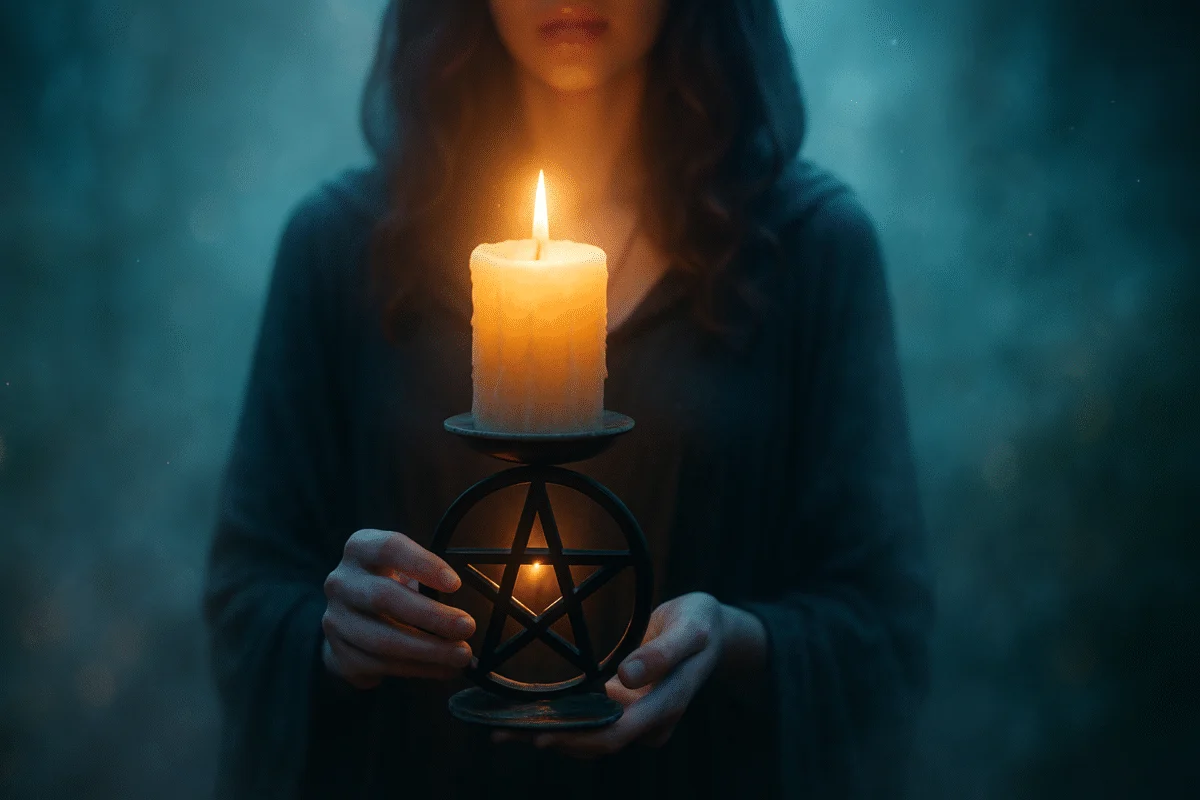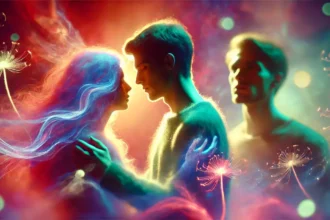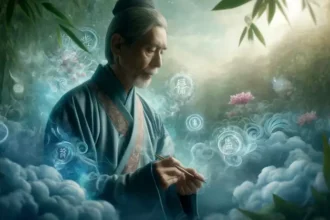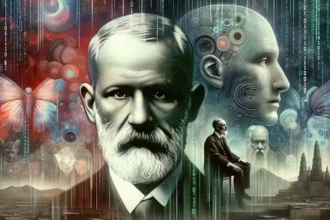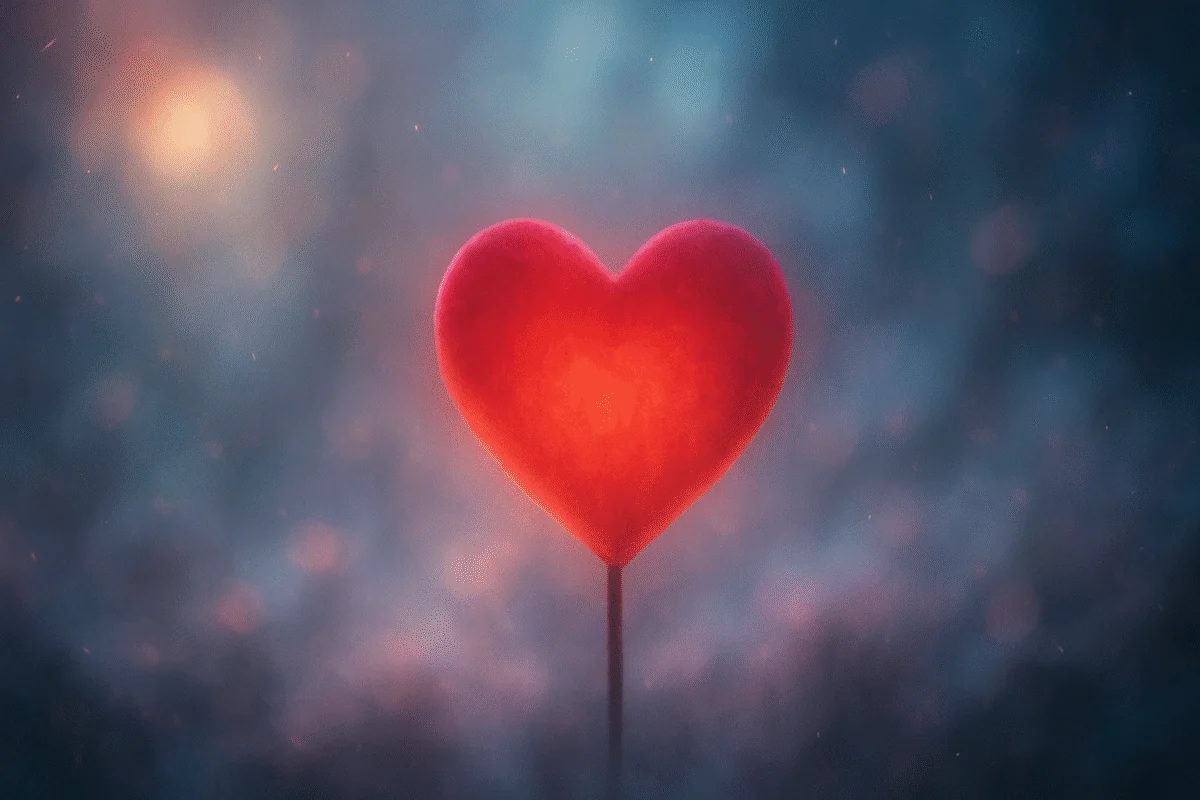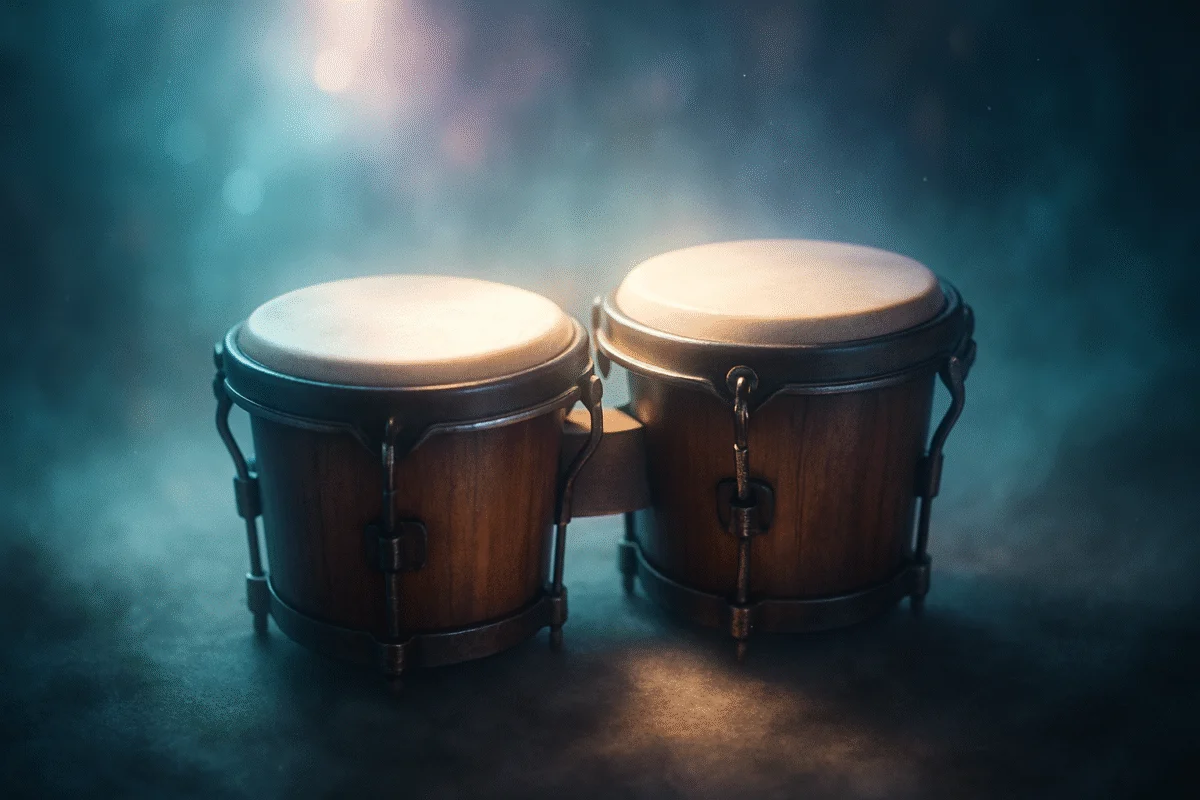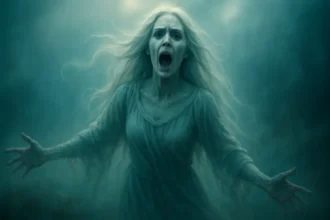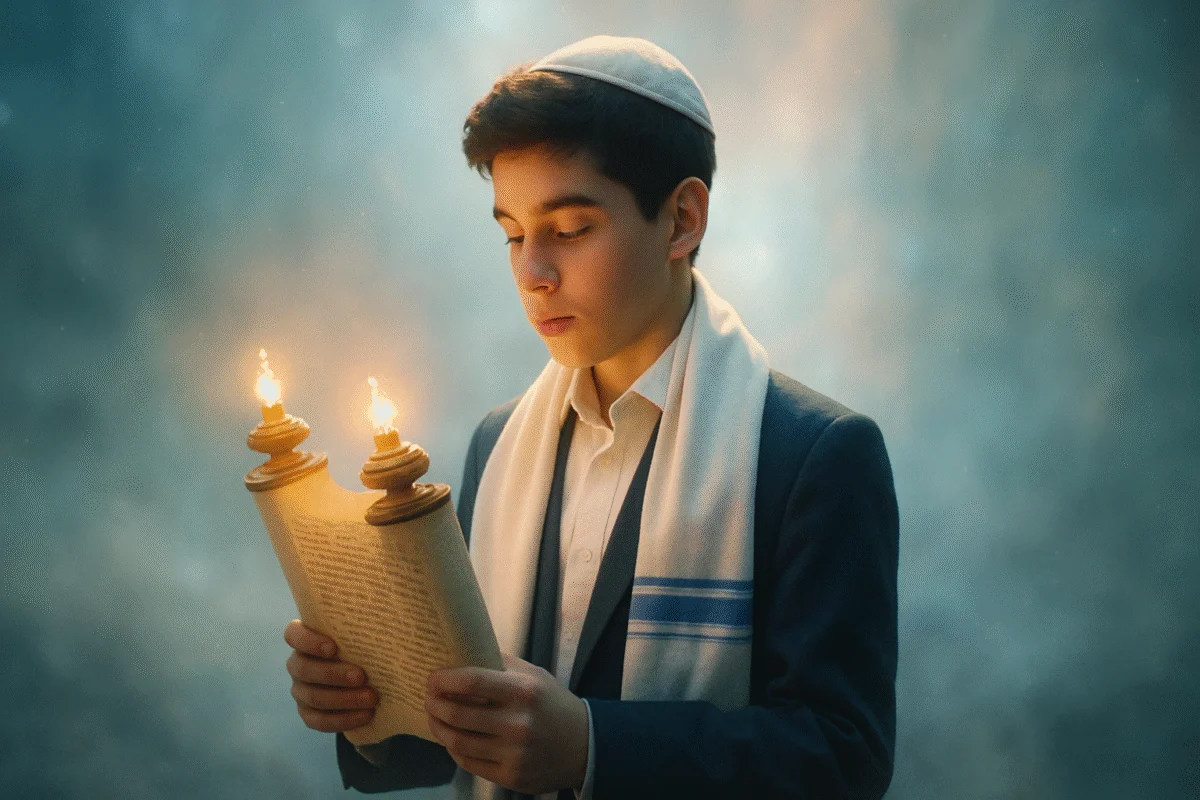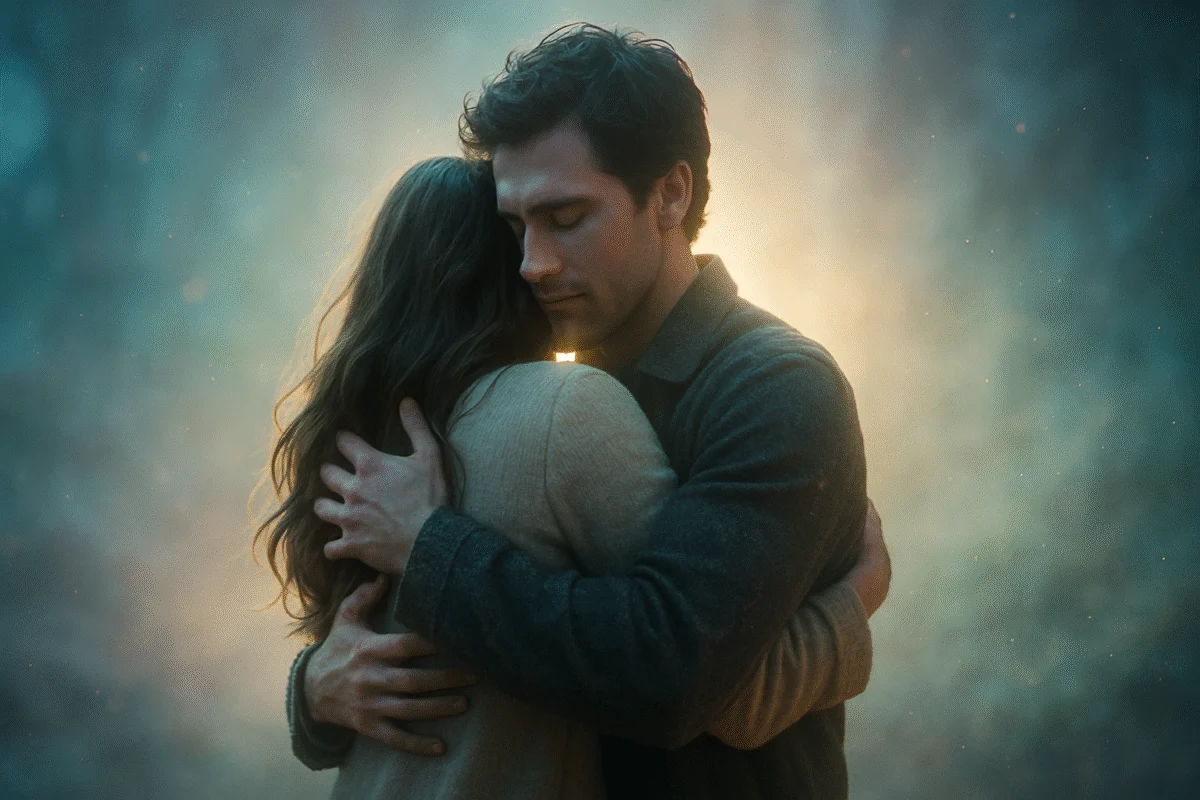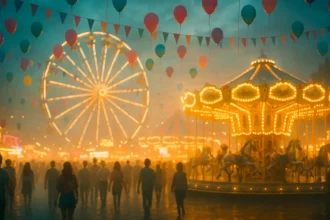Rosh Hashanah is a significant Jewish holiday marking the beginning of the new year. It symbolizes reflection, renewal, and the opportunity for personal growth. In dreams, Rosh Hashanah can represent new beginnings, introspection, and the desire for change. Jerusalem is often associated with this holiday, making it a powerful symbol in your dreams.
Rosh Hashanah Dream Examples
1. You dream of a large family gathering during Rosh Hashanah, filled with laughter and joy. This dream suggests a strong connection with your loved ones and a desire for unity.
2. In your dream, you find yourself alone during Rosh Hashanah, feeling isolated. This may indicate feelings of loneliness or a need for deeper connections in your waking life.
3. You dream of blowing the shofar, the ceremonial horn, signaling a fresh start. This symbolizes your readiness to embrace new opportunities and leave the past behind.
4. In a dream, you see a table filled with traditional Rosh Hashanah foods, like apples and honey. This suggests abundance and sweetness in your life, reflecting positive changes ahead.
5. You dream of attending a Rosh Hashanah service, feeling a sense of community. This indicates a longing for spiritual connection and support from those around you.
6. In your dream, you witness a sunset on Rosh Hashanah, symbolizing the end of one chapter and the beginning of another. This reflects your desire for transformation and growth.
Rosh Hashanah Dream Meaning: Good or Bad?
Dreams about Rosh Hashanah can reflect your current emotional state and relationships. If you feel positive emotions, it often indicates hope and renewal. Conversely, negative feelings may suggest unresolved issues or fears about change.
Your agency in these dreams matters. If you actively participate in Rosh Hashanah celebrations, it can signify empowerment and control over your life. However, feeling passive may indicate a lack of direction.
Relationships play a crucial role in Rosh Hashanah dreams. They can highlight your connections with family and friends, revealing your desire for closeness or your fears of isolation.
Positive Interpretation
1. The family gathering dream suggests that your relationships are strong and supportive. It highlights the importance of nurturing these bonds in your waking life.
2. Dreaming of blowing the shofar indicates your readiness to embrace change. It suggests that you are prepared to take on new challenges and opportunities.
3. The dream of a table filled with food symbolizes abundance and joy. It reflects your optimistic outlook and the positive changes coming your way.
4. Witnessing a sunset in your dream signifies hope and transformation. It suggests that you are ready to let go of the past and welcome new beginnings.
Negative Interpretation
1. Feeling isolated during Rosh Hashanah may indicate unresolved feelings of loneliness. It suggests a need to reach out to others for support and connection.
2. If you dream of a chaotic family gathering, it may reflect underlying tensions in your relationships. This suggests a need to address conflicts and improve communication.
3. Dreaming of a barren table during Rosh Hashanah could symbolize feelings of lack or disappointment. It highlights areas in your life where you feel unfulfilled.
4. If you feel anxious during a Rosh Hashanah service in your dream, it may indicate fears about your spiritual journey. This suggests a need for introspection and clarity.
Different Cultures, Different Meanings
In Jewish culture, Rosh Hashanah is a time for reflection and repentance, emphasizing personal growth. This is supported by traditional teachings in Jewish texts.
In some Western cultures, Rosh Hashanah symbolizes new beginnings, similar to New Year’s celebrations, highlighting the universal theme of renewal.
In Eastern European traditions, Rosh Hashanah is celebrated with specific foods, emphasizing community and family ties, as noted in cultural studies.
In Israeli culture, Rosh Hashanah is marked by festive meals and prayers, reflecting the importance of spirituality and connection to heritage.
In modern secular contexts, Rosh Hashanah can represent personal resolutions and self-improvement, akin to personal development practices.
Psychological Perspectives
From a Freudian perspective, dreaming of Rosh Hashanah may symbolize a desire for renewal and personal transformation, reflecting inner conflicts about change.
Jungian analysts might interpret Rosh Hashanah dreams as archetypal symbols of rebirth and new beginnings, highlighting the collective unconscious’s influence on personal growth.
The continuity hypothesis suggests that Rosh Hashanah dreams reflect your waking life concerns about relationships and personal goals, indicating a need for introspection.
Rosh Hashanah Symbol Variations & Context Cues
- Seeing a shofar in your dream may indicate a call to action, suggesting a need for change.
- Witnessing apples and honey could symbolize sweetness in life, reflecting positive experiences ahead.
- Dreaming of a crowded synagogue might indicate a desire for community, highlighting your need for connection.
- Feeling anxious during a Rosh Hashanah service may suggest unresolved spiritual issues, indicating a need for reflection.
- Seeing a family member at a Rosh Hashanah meal could symbolize unresolved conflicts, suggesting a need for communication.
- Experiencing a quiet moment during Rosh Hashanah may indicate introspection, reflecting your desire for personal growth.
What You Should Do If You Dream About Rosh Hashanah
If you dream about Rosh Hashanah, reflect on your current emotional state and relationships. Consider journaling your feelings to gain clarity.
Pay attention to the colors and textures in your dream. Bright colors may indicate positivity, while dark tones could suggest unresolved issues.
Think about the number of people present in your dream. A large gathering may signify support, while solitude could indicate a need for connection.
Observe the behavior of individuals in your dream. If they are welcoming, it may suggest positive relationships; if they are distant, it may indicate unresolved conflicts.
Consider the location of your dream. A familiar setting may indicate comfort, while an unfamiliar one could suggest feelings of uncertainty.
Rosh Hashanah Vs Similar Dreams
| Aspect | Rosh Hashanah | New Year | Passover | Hanukkah |
|---|---|---|---|---|
| Occasion/Age or Context | Celebration of new beginnings and personal growth. | General new year celebration with resolutions. | Spring festival of freedom and liberation. | Festival of lights and miracles, celebrating hope. |
| Core Theme | Reflection and renewal, focusing on personal growth. | Fresh starts and resolutions for the upcoming year. | Freedom and liberation from oppression and hardship. | Hope and perseverance through challenges and struggles. |
| Typical Emotions | Hopeful and introspective, seeking personal transformation. | Excited and optimistic about new opportunities ahead. | Joyful and celebratory, embracing freedom and joy. | Reflective and grateful for the miracles in life. |
| Common Symbols | Shofar and apples, representing new beginnings and sweetness. | Fireworks and parties, symbolizing celebration and joy. | Matzah and wine, representing freedom and tradition. | Menorah and gifts, symbolizing light and hope. |
More in this category: Celebrations & Events dreams.



